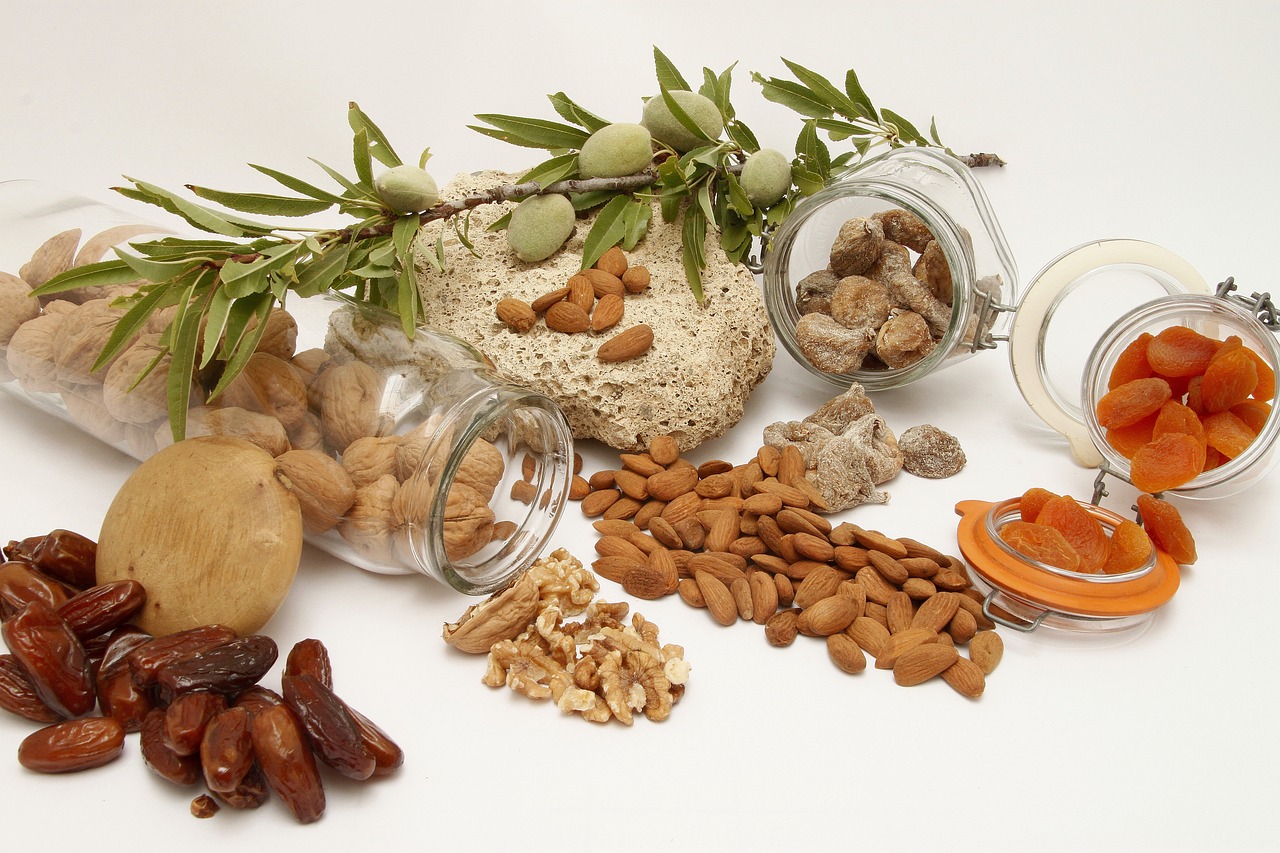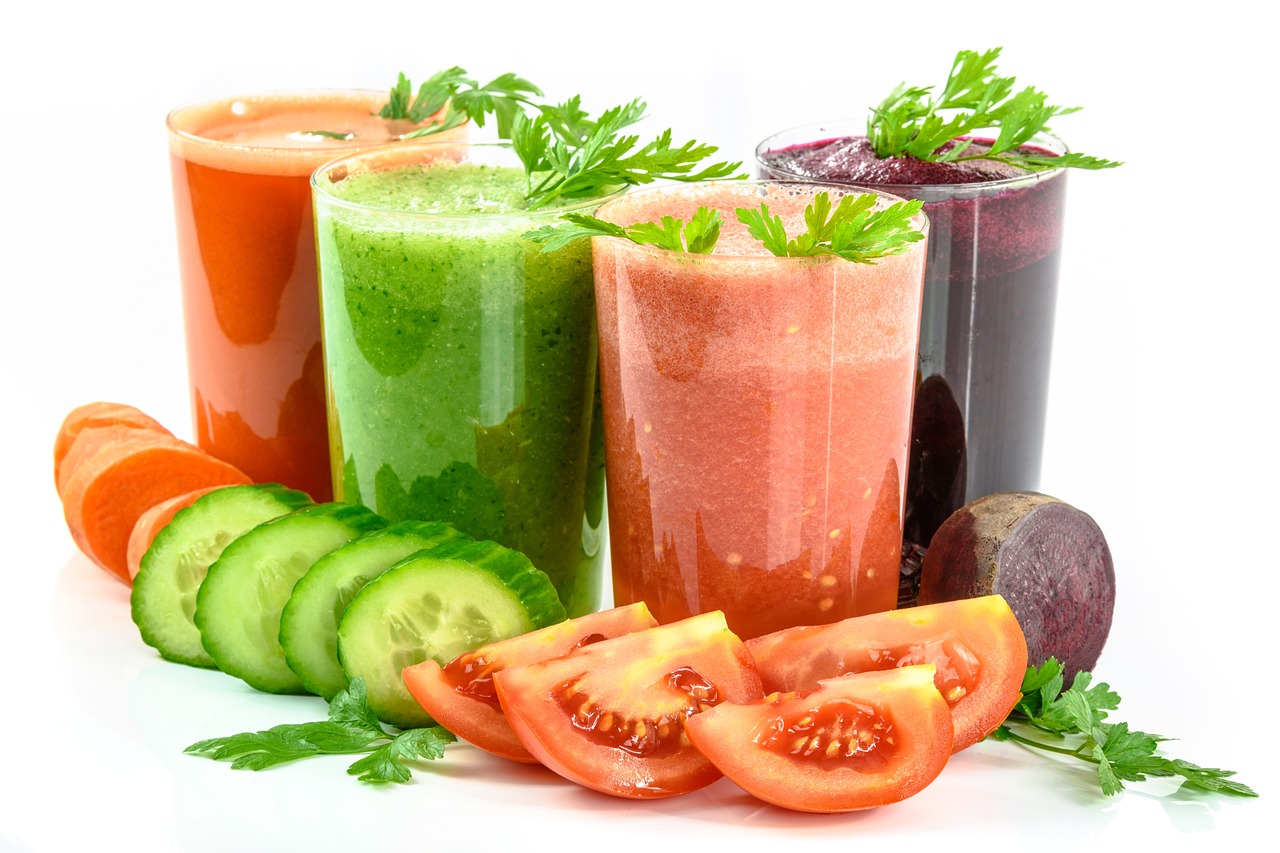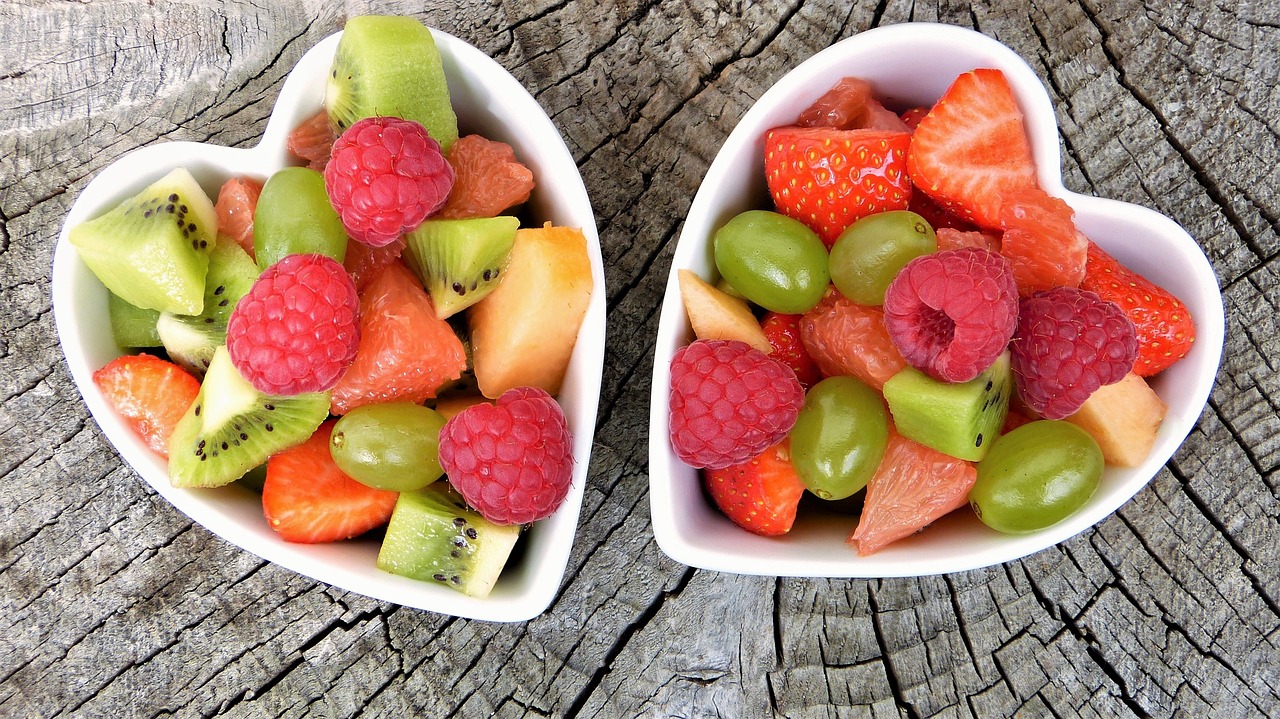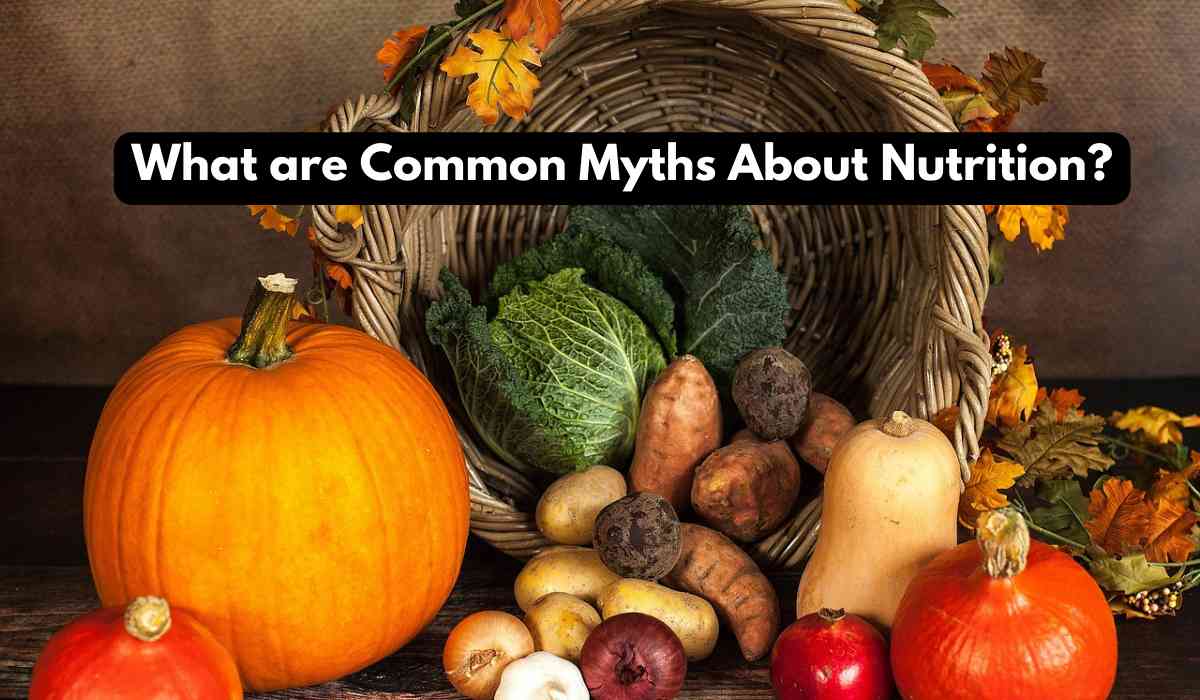While most of us understand the significance of nutrition in maintaining physical health, also there are many misconceptions about it. You might come across a lot of inaccurate information about diet and health while browsing social media, reading magazines, or visiting popular websites. Here are some of the most common nutrition myths and why they should be avoided.
1. Myth: Snacking spoils appetite
Fact: Eating cake before dinner is not recommended, but having a small snack like a handful of nuts can help you manage your hunger until your meal is ready. Eating hummus and veggies between lunch and dinner is also a good option to avoid feeling excessively hungry at dinner time. Snacking can help regulate your hunger levels, especially when your meals are widely spaced. However, it's essential to make healthy choices regarding snacking.

2. Myth: Stay away from all fats
Fact: We are frequently advised to avoid fats to keep our hearts healthy and prevent weight gain. Low-fat diets are being promoted as healthy despite a lack of evidence. What you need to understand is that not all fats are bad. You should avoid trans fats, but healthy fats can be beneficial.
Experts believe that healthy fats like avocados, nuts, and olive oil are essential for the body. It is critical to distinguish between unsaturated fats, which can be beneficial, and saturated or trans fats, which can lead to health problems if consumed in excess. Moderation and selecting the appropriate types of fats are essential.
3. Myth: Proteins from both plant and animal sources are similar
Fact: While both animal and plant-based proteins can contribute to a healthy diet, their nutrient content varies. Animal proteins, such as meat, poultry, and fish, provide complete proteins containing all essential amino acids. Plant-based sources such as beans, legumes, nuts, and tofu can also provide a lot of protein, but they may need to be combined to get a full amino acid profile. A varied diet can help you get all of the essential nutrients your body requires.

4. Myth: More calories equals more weight gain
Fact: According to a study, The belief that eating fat causes weight gain has been debunked. Avocados, nuts, olive oil, and fish all contain healthy fats that your body requires to function properly. Including these in small amounts does not cause weight gain. Weight gain occurs when the amount of energy (calories) consumed exceeds the amount of energy expended (activity), and your body converts it to fat for storage. Excess calorie intake, regardless of macronutrients (protein, fat, or carbohydrate), causes weight gain.
5. Myth: Detox diets are necessary
Fact: Detox diets and cleanses often promise to remove toxins from your body, but your body already has detoxification systems in place. Instead of detox diets, focus on a well-balanced diet rich in whole grains (fibre), fruits, and vegetables (antioxidants) to help your body's natural detoxification processes. This will also help to keep your gut bacteria healthy.

6. Myth: High-carb diets are fattening
Fact: It is a common misconception that carbohydrates are bad and should be avoided, but in reality, they are a crucial source of energy for the body and brain. However, it is important to choose the right type of carbs, such as whole grains, fruits, and vegetables, and limit refined carbohydrates like sugary snacks and white bread for optimal health. A 2018 study published in Nutrients revealed that people who followed a plant-based high-carb diet, which contributed to about 70% of their daily calories, for four months experienced benefits in their body composition, including a decrease in body fat levels. Furthermore, a separate investigation demonstrated that higher intakes of carbs, particularly those with more fiber, when consumed as part of a calorie-controlled diet, played a vital role in weight loss success among people at risk for diabetes.
7. Myth: Avoid fruit because it has sugar
Fact: When consumed whole, the sugar in fruits, along with other nutrients, is beneficial to your health and adds only a small amount of fructose to your diet. You may be getting too much fructose in your diet from sugar-sweetened beverages like soda, sweet coffee drinks, and even fruit juice. Fruits contain fibre, which slows sugar absorption in the bloodstream. According to research, there is an inverse relationship between fruit consumption, body weight, and the risk of obesity-related diseases.

8. Myth: Skipping meals helps you lose weight
Fact: Skipping meals can slow your metabolism, leading to overeating later in the day. To maintain consistent energy levels and control your appetite, eat balanced meals and snacks regularly.
9. Myth: Gluten is bad
Fact: Wheat, rye, and barley all contain gluten, a protein. Approximately 90% of people can tolerate gluten and consume these foods without difficulty. Furthermore, studies show that 86% of those who claimed to be gluten-sensitive could consume it without issue. You can still prepare gluten-containing foods, such as whole grains unless you have celiac disease or gluten sensitivity.
10. Myth: Eating nutritious is expensive
Fact:Healthy eating does not have to be expensive. With careful planning, one can maximise the use of staple foods such as beans, lentils, rice, oats, eggs, and seasonal fruits and vegetables. Furthermore, eating out or ordering takeaway can be expensive, and these options frequently include larger portion sizes and additional unhealthy ingredients. Cooking at home allows you to control ingredients, portion sizes, and costs. Furthermore, it provides an opportunity to experiment with healthy recipes and flavours.
Ⓒ Copyright 2024. All Rights Reserved Powered by Vygr Media.
Disclaimer: This content offers generic information, not a piece of medical advice. For specific questions about your health, always prioritize consulting a qualified professional like your doctor or a specialist.




















